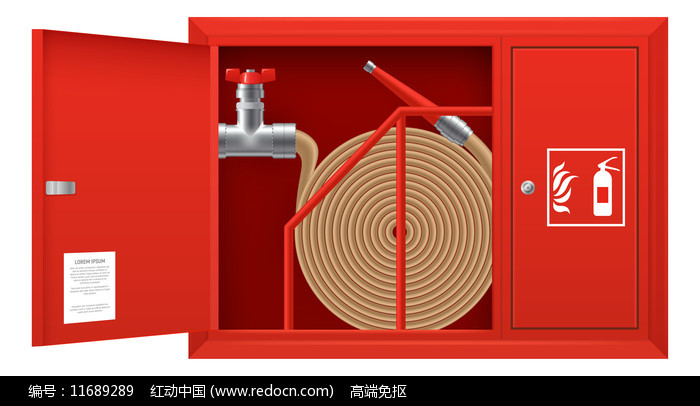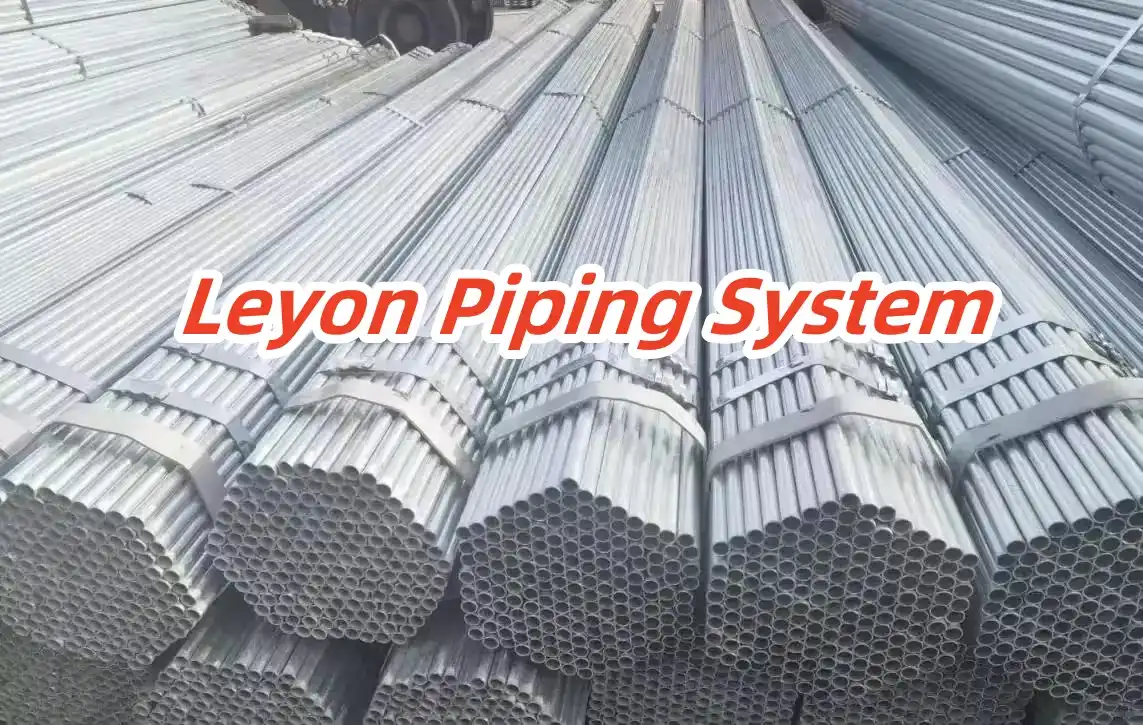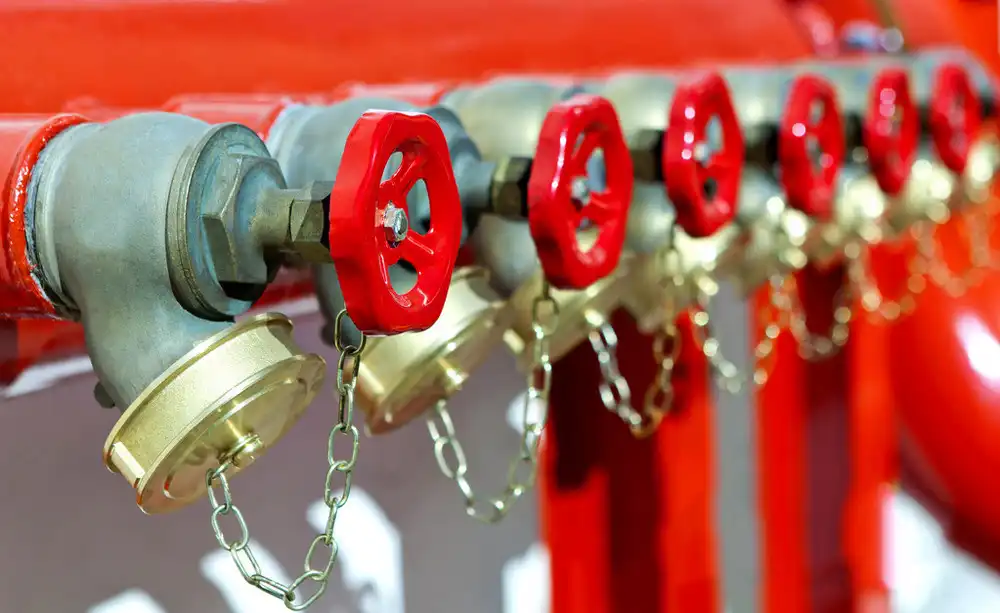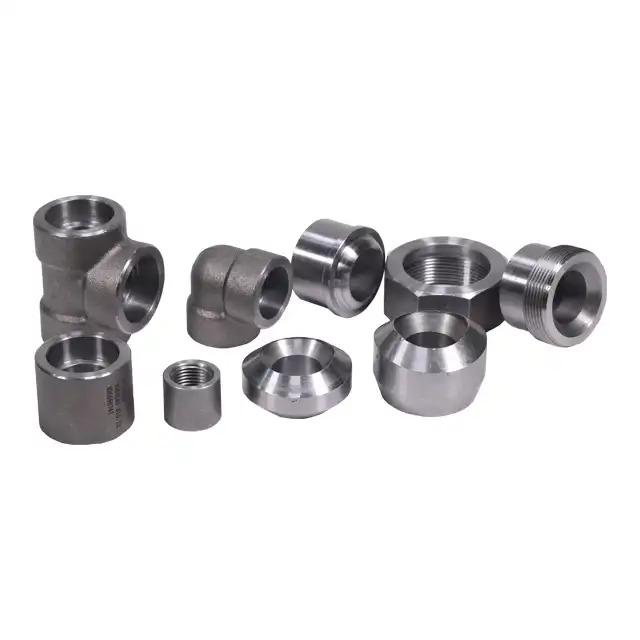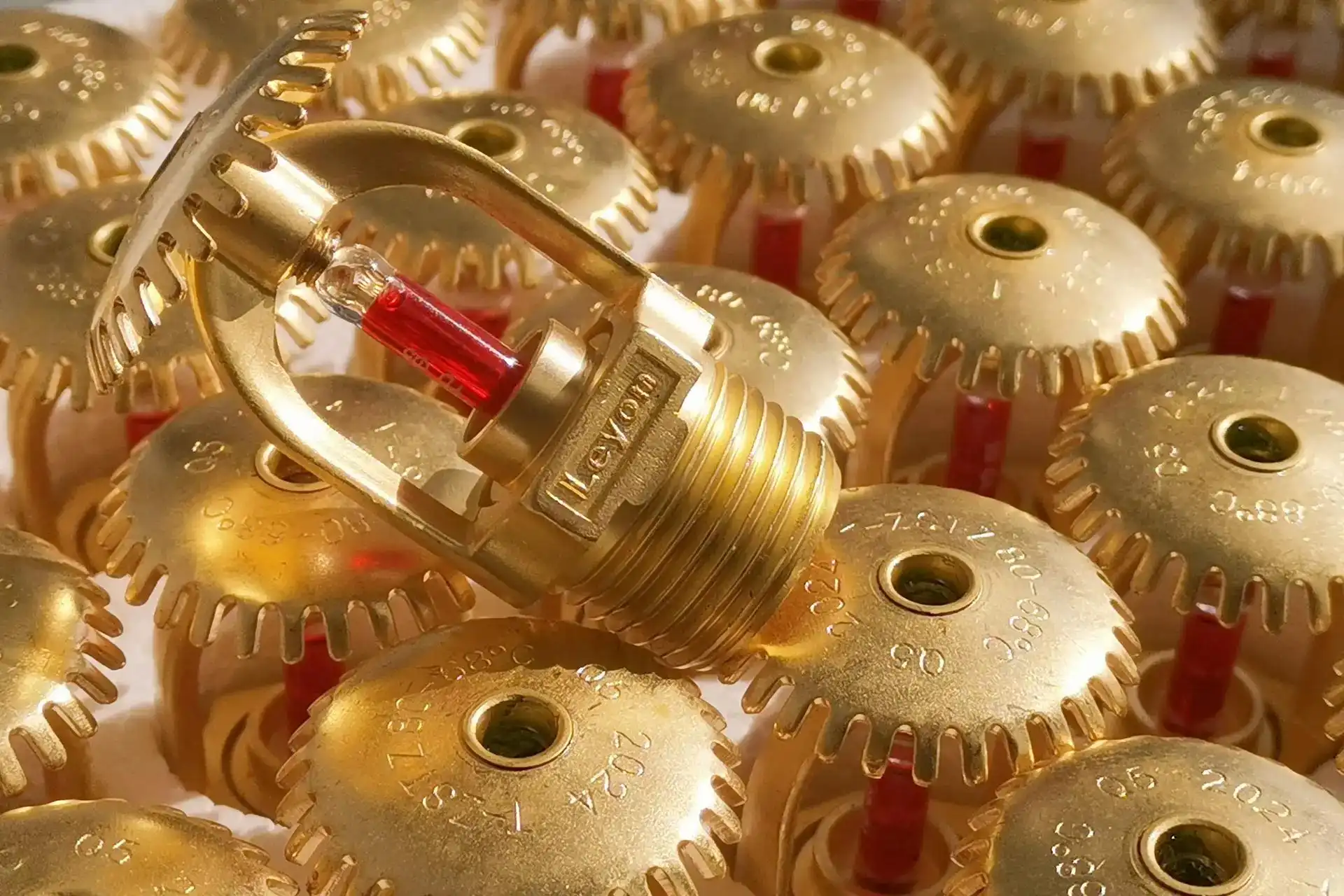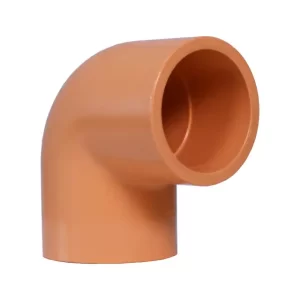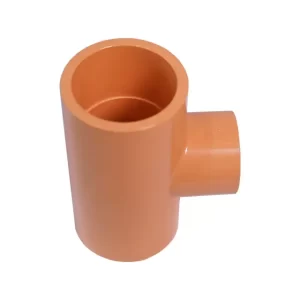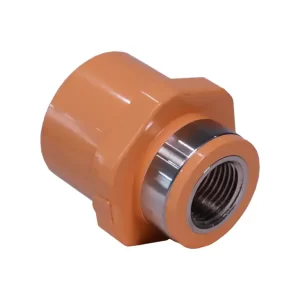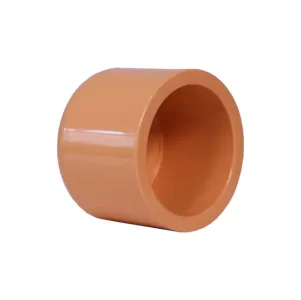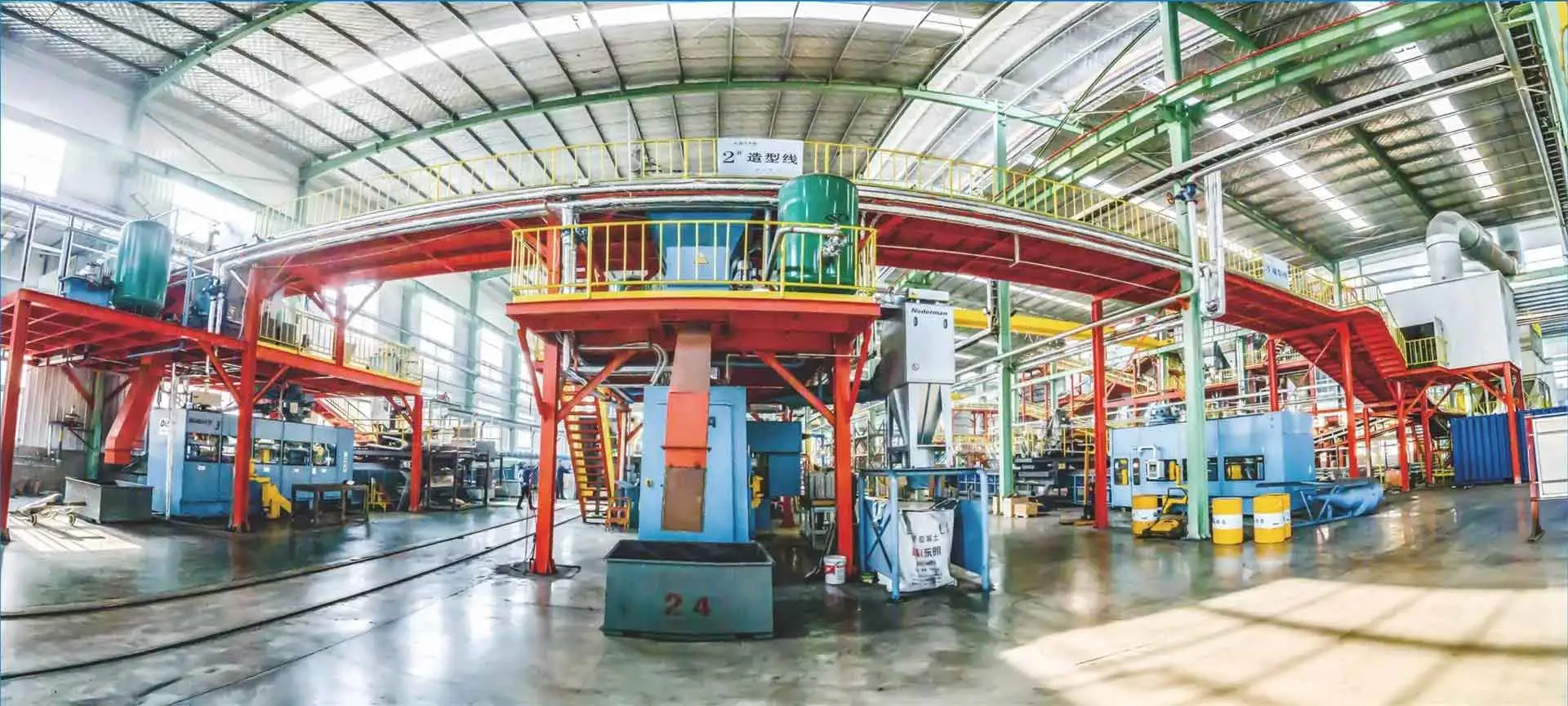Chlorinated Polyvinyl Chloride (CPVC) is a versatile and durable material widely used in plumbing and industrial applications, particularly for hot and cold water distribution. CPVC pipe fittings play a crucial role in connecting different sections of pipe, allowing for efficient flow and redirection of water or other fluids. This article provides an overview of the common types of CPVC pipe fittings, their functions, and their typical applications.
1.Couplings
Function: Couplings are used to join two lengths of CPVC pipe together in a straight line. They are essential for extending the length of a piping system or repairing damaged sections.
Types: Standard couplings connect two pipes of the same diameter, while reducing couplings connect pipes of different diameters.
2. Elbows
Function: Elbows are designed to change the direction of flow in a piping system. They are available in various angles, the most common being 90 degrees and 45 degrees.
Applications: Elbows are widely used in plumbing systems to navigate around obstacles or to direct water flow in a specific direction without the need for excessive pipe lengths.
3.Tees
Function: Tees are T-shaped fittings that allow the flow to be split into two directions or to merge two flows into one.
Applications: Tees are commonly used in branch connections, where a main pipe needs to supply water to different areas or appliances. Reducing tees, which have a smaller outlet than the main inlet, are used to connect pipes of different sizes.
4.Unions
Function: Unions are fittings that can be easily disconnected and reconnected without the need for cutting the pipe. They consist of three parts: two ends that attach to the pipes and a central nut that secures them together.
Applications: Unions are ideal for systems that require periodic maintenance or repair, as they allow for quick disassembly and reassembly.
5.Adapters
Function: Adapters are used to connect CPVC pipes to pipes or fittings of different materials, such as metal or PVC. They can have male or female threads, depending on the connection required.
Types: Male adapters have external threads, while female adapters have internal threads. These fittings are essential for transitioning between different piping systems.
6.Caps and Plugs
Function: Caps and plugs are used to close off the ends of pipes or fittings. Caps fit over the outside of a pipe, while plugs fit inside.
Applications: These fittings are useful for temporarily or permanently sealing off sections of a piping system, such as during repairs or when certain branches are not in use.
Conclusion
CPVC pipe fittings are essential components of any piping system, providing the necessary connections, direction changes, and control mechanisms to ensure efficient operation. Understanding the different types of CPVC fittings and their specific uses helps in designing and maintaining effective plumbing and industrial systems. Whether for residential plumbing or large-scale industrial installations, selecting the right fittings ensures long-lasting performance and reliability.

